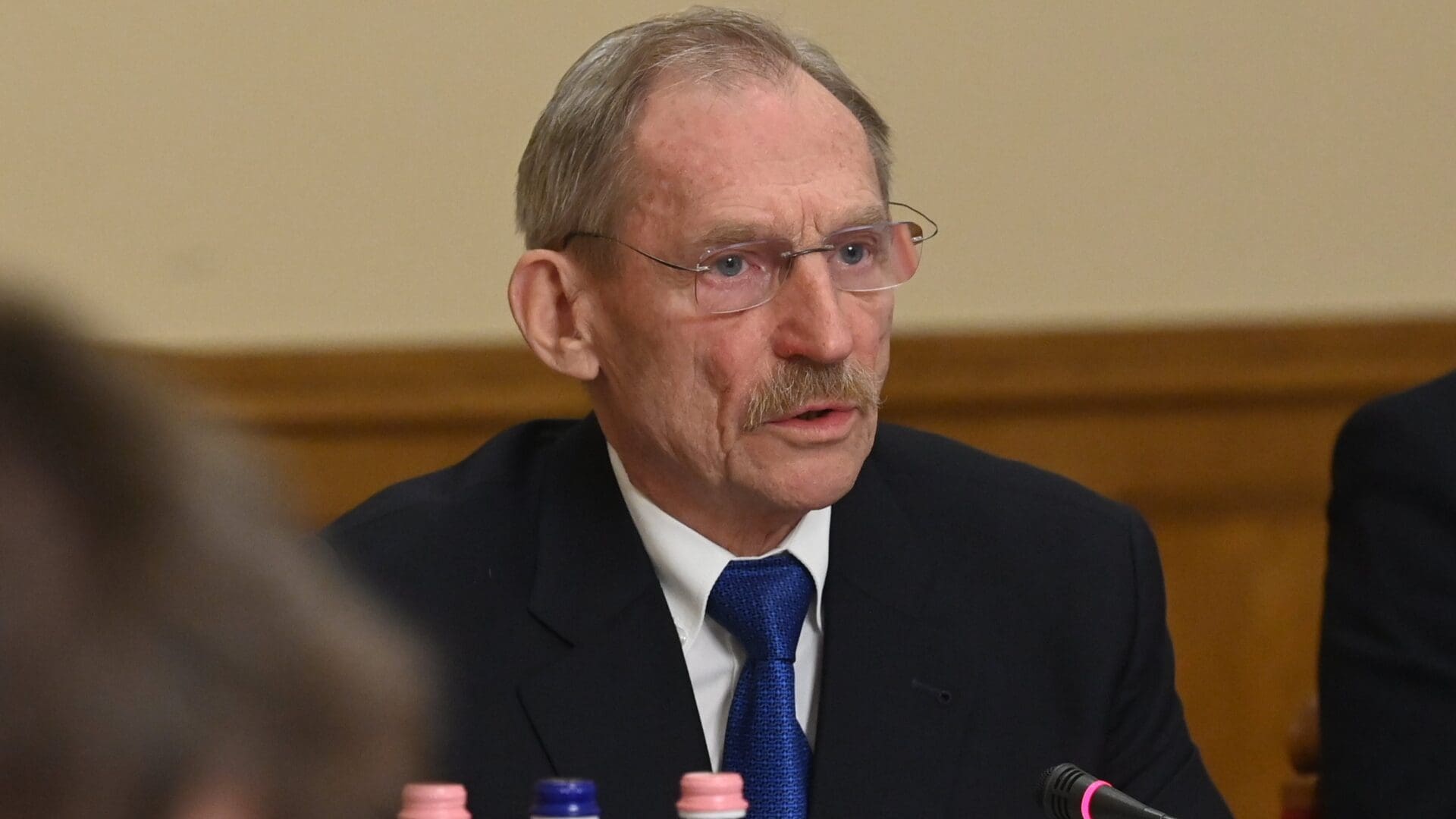In January, there was an average salary increase of 11 per cent for doctors, and in March, the second phase of wage adjustment for healthcare professionals, including specialized nurses, will follow, as stated by the Minister of the Interior during Tuesday’s session of the Welfare Committee of the National Assembly.
During his annual hearing, Sándor Pintér emphasized that
currently, the average monthly salary for doctors is 2.197 million forints, while for specialized nurses, it is 595,000 forints.
The remuneration of specialized nurses is based on 37 per cent of that of doctors. The minister acknowledged that specialized nurses deserve more, but the current state of the economy only allows for this amount. He also pointed out that the health situation in Hungary has improved in the past year since the Ministry of the Interior has been coordinating the tasks of the sector, and the government aims to establish Europe’s best healthcare system.
Additionally, Pintér mentioned that Hungary has surpassed the rest of Europe with the introduction of the electronic healthcare service space. In terms of hospital infections, he stated that Hungary ranks ‘seventh-best in Europe,’ expressing a desire to be the first. The Minister’s report was preceded by a heated debate on the agenda.
Pintér, in his address, outlined the positive experiences of the new emergency care system implemented in 14 counties. According to him, the new system has resulted in improved and more secure care, reducing the patient load on general practitioners. Based on favourable data, the decision on the implementation of the new system in Budapest is scheduled for June. Pintér went on to emphasize that,
contrary to rumours, the number of healthcare professionals is not continuously decreasing.
The minister also addressed the reduction of bureaucracy, stating that digital solutions in the system have alleviated a significant amount of administrative burden, while simultaneously reducing the possibility of errors. The plan is to soon extend the use of these devices to all departments of every hospital in Hungary.
Pintér identified the elimination of gratuities, or ‘hálapénz,’ as one of the most important achievements, deeming the practice immoral. He stated that building a just system on such a practice is impossible. Contrary to misconceptions, Pintér clarified that occupational health services have not been abolished. In certain areas, such as hospitals and kitchens, the existing services have been maintained, while in other areas, the state has assumed some obligations, allowing general practitioners to conduct work-related examinations.
Opposition members of the welfare committee raised questions about the unused ventilators procured due to the pandemic, stored in warehouses. In response, the minister explained that during the peak of the pandemic, it was impossible to predict the exact number of ventilators needed. The government’s stance was to ensure that no Hungarian doctor would face a situation similar to Italy. The stored ventilators will replace obsolete equipment in healthcare institutions. Pintér also discussed the restructuring of the midwifery system, stating that they are collecting experiences and refining new methods where necessary.
According to his report, the government is currently considering aligning the salaries of those working in the social sector and performing healthcare tasks with those of healthcare professionals. The implementation of this measure is expected in the coming year.
Related articles:







